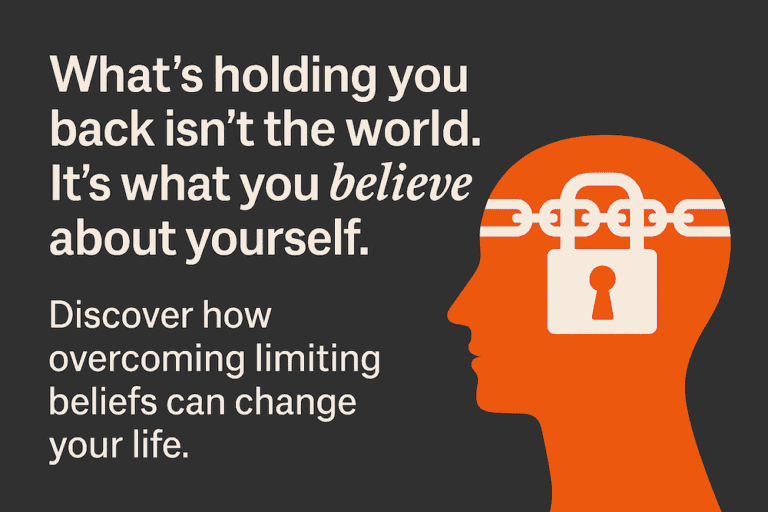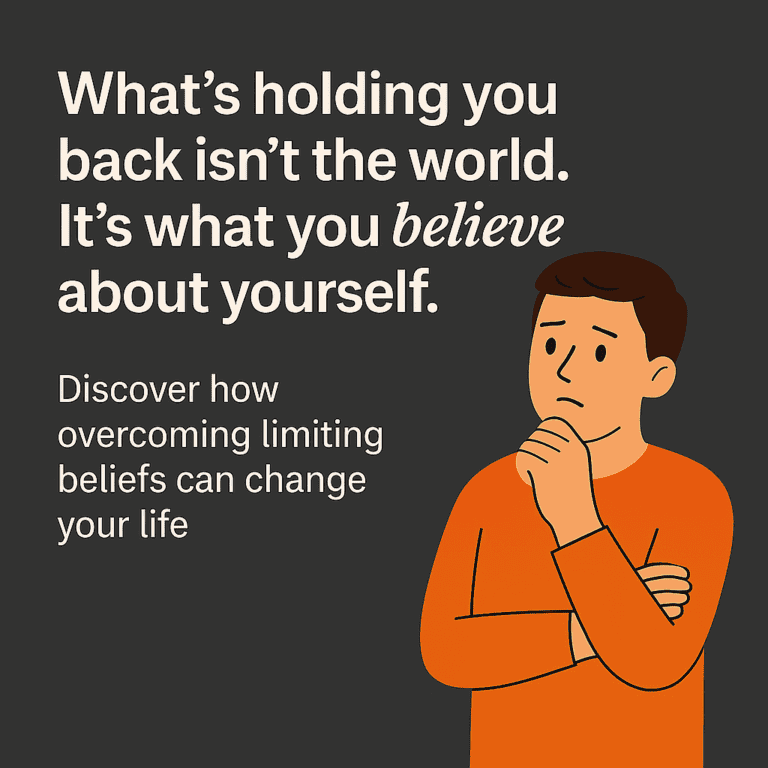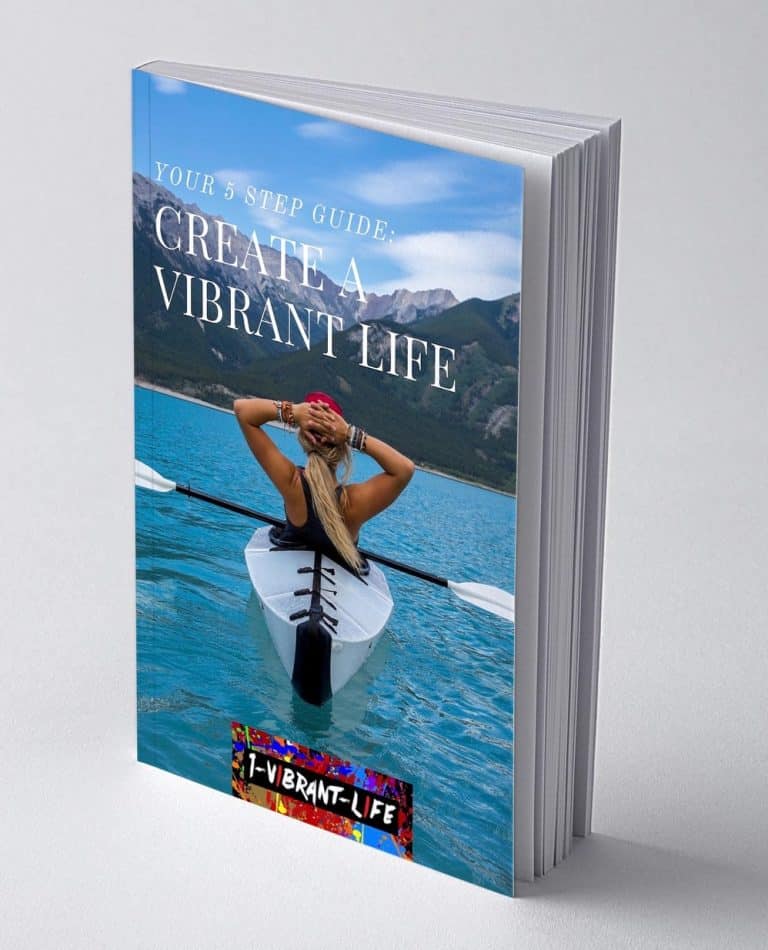Relationship Ups and Downs | A Survivor's Guide
As children, we can’t possibly understand the dynamics in our relationships or the relationship ups and downs involved in them, and certainly not how to navigate through them. As we grow up, we become accustomed to the theme of a long-term relationship from a very naive lens.
For most of us, creating a healthy relationship is a trial and error process or rather a learned art through the experience of all of our previous relationships. As you know, there are many kinds of relationships, and most will have peaks and valleys.
But a perfect relationship is probably not a reality for most human beings. Such thing as a Prince charming climbing towers to help a princess in distress or even a sleeping princess who can only awake from the tender kiss of her savior will forever be a fantasy.
Nonetheless, we don’t learn about the realities behind these relationships or the relationship ups and downs: after all, perhaps the sleeping beauty was completely comfortable napping all these years. The key to good relationships is consciously recognizing the relationship stage, the ups and downs it appears to be, and then adjusting to it.

“Love does not die easily. It is a living thing.
It thrives in the face of all life’s hazards, save one – neglect.” ~ James D. Bryden
Martin Ward | July 13, 2021
A Therapist’s Perspective on relationship ups and downs.
If you’re human, you’ve experienced relationship ups and downs. Human relationships, including romantic and intimate relationships, inevitably include downs as well as ups. Whether our relationship rolls with the flow is linked to our expectations around relationships.
As a Therapist, I see clients suffering because they hold the false belief that relationships are only successful when they fit the fairly-tale mold.
In this blog, we learn about the 5-stages of relationships, as well as how we can sort through the differences between relationship challenges and relationship toxicity. There’s plenty here to help you consider your own relationship expectations, so you are better equipped to navigate the ups and downs of your own relationships.
Surviving Relationship Ups And Downs
You may survive coming out of a relationship or our relationships. That’s another topic. The point of this post is to help you survive a relationship while you’re still in it and consequently turn not-so-good ones into great relationships. And certainly even bad relationships into long term happy relationships.
This is all simply to say that relationships have their ups and downs. Marriages, partnerships, romantic relationships, etc., aren’t fairytales, nor do they always end up being fantastic and fulfilling.
The first thing for us all to realize is that sometimes, we need to throw in the towel and learn from our mistakes or even run from others who have turned ugly or may have crossed our personal boundaries.
The loss of mutual respect in a relationship is a good sign it’s time to walk away.
This learning process is what we are discussing throughout this article: relationship ups and downs, and finally, when a ‘down’ isn’t really one but instead is a worrying red flag hinting at toxicity within your relationship.
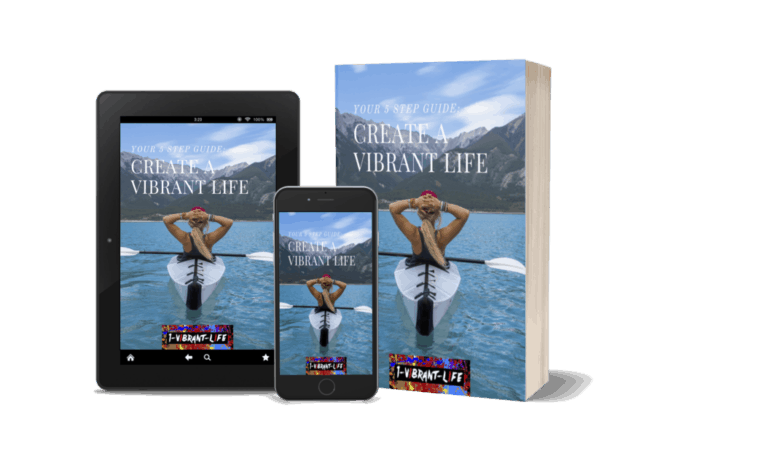
eBook
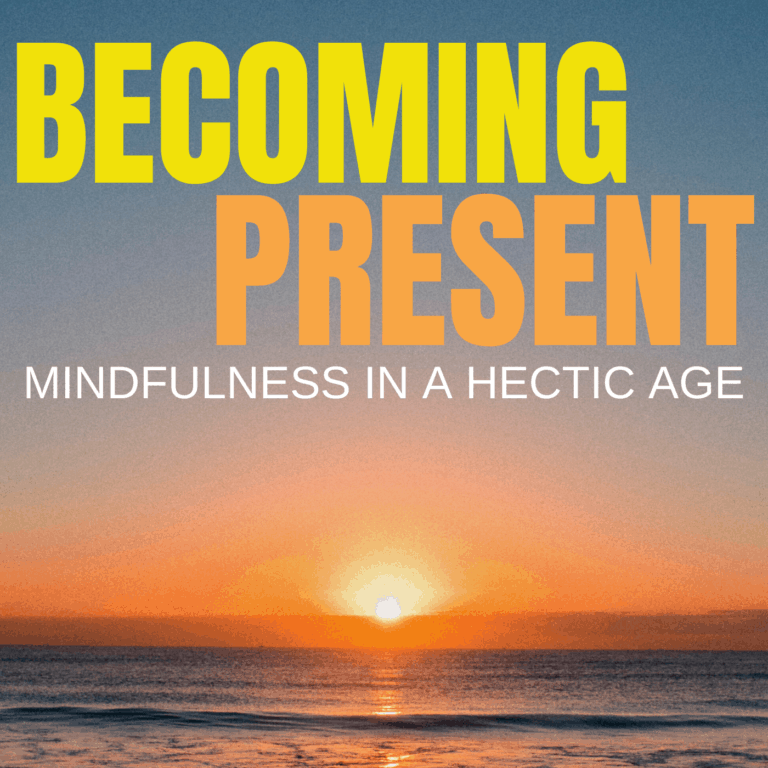
Audio eBook
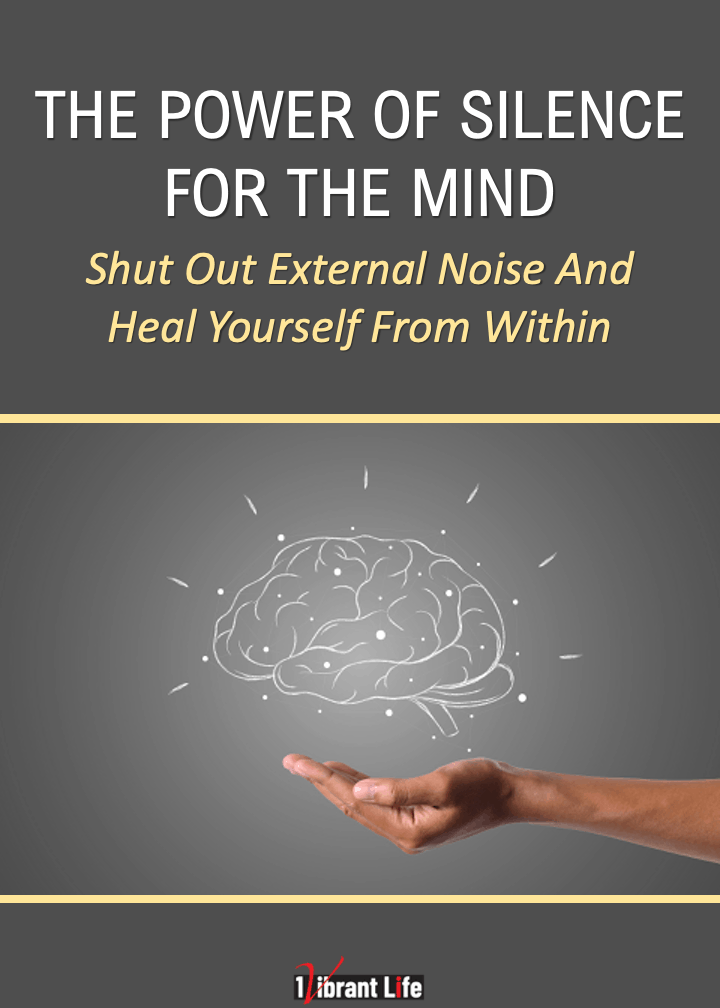
eBook
Three personal growth tools for you as a gift for visiting 1VibrantLife.com
The Five Stages Of A Relationship
Like anything else that is long-lasting in life, relationships do not always end up running the way we want them to. The beginning of a relationship is always exciting because of where it might lead or how it may benefit us in the long run.
Having a clear or core understanding of what real love is as opposed to something that appears to be love but is unreal is, well, imperative.
A line from the Course in Miracles, or ACIM, created by the Foundation for Inner Peace, might help to put this in perspective.
“Nothing real can be threatened nothing unreal exists; herein lies the peace of God.”
However, different times, major life events, social pressures, family pressures, and changing personal beliefs are catalysts for change in our perspectives relating to one another.
All of this proves that a committed relationship or maintaining our best relationships is hard work and requires a healthy communication style and a capacity to handle the roller coaster ride they all seem to be.
And although we may be thinking, “mine and my partner’s relationship is different from everyone else!” it’s rare, as most relationships will go through the same five stages.
Romance Stage
First, you have the romance stage: we all know that once quite well! All is well; you are completely infatuated and can’t seem to keep your hands off your partner. They are quite literally the best person you have ever met.
Power Struggle Stage
And then, you reach the power struggle stage: you start realizing that perhaps this person isn’t truly the best person you’ve ever met, but instead, they do have some downsides.
You become blinded– you only see these and may feel anger and resentment while trying to revert this person to the one you remember being with. And yet, it’s not possible.
Make Or Break Stage
This is where a relationship can reach the make-or-break factor: either you compromise and learn to love this person for who they are, or the relationship hits its end date. If you do make it, you then reach the stage of stability, where you feel comfortable and connected again.
Commitment Stage
Then, at the commitment stage, you both, well, commit to one another in the long run!
Bliss Stage
And finally, you have the co-creation or bliss stage, which is where you create a life together and live like one, so to speak. Of course, you are still your own person, but your life becomes shared.
Then, of all the relationship ups and downs you could be experiencing, you mostly live the ups.

“Lovers are fools, but Nature makes them so.”
~ Elbert Hubbard
1856-1915
Signs Your Relationship Is In Trouble
How can you know that you have reached the power struggle stage and that your relationship is in trouble? Of course, one of the main signs is that there is a lack of intimacy.
Similarly, if you feel there are serious trust issues, resentment, or even growing hatred between the two of you.
You may reach the point where you can’t go any further in the relationship and must regain your autonomy, live life in your own way, and begin to pay attention to your own needs.
You may be dealing with more frequent and more heated arguments or even experiencing some violent outbreaks.
Recognize that you have different needs and may prefer having some distance from your partner.
You may have different goals and beliefs which don’t align with each other. Similarly, this distance may translate into full-on avoidance of the partner, preferring to hang out with others instead. Finally, unhealthy interactions or domestic abuse are a clear sign of trouble.
However, if you find yourself irritated by just about everything your partner does, or if their simple breathing is enough to make you go insane, the relationship may be beyond saving and not just another rough patch.
If you are constantly finding faults with one another, or if you both walk on eggshells whenever you are together, you may want to think about the state of your relationship and whether this is salvageable.
In the end, I cannot tell you whether your relationship is worth saving, but I am a firm believer that we just know when things have come to an end.
The relationship may be beyond help from a couples therapist if you’ve not already been down that road.
When the efforts you made to save your relationships do not work anymore, whether this is working on yourselves first, fighting without raising your voice or using abusive language, expressing more gratitude to each other, or attempting to re-install intimacy, it is time to do some introspective work to see if it’s time to move on.
A relationship should be this– a balance of ups and downs! Not primarily or inherently their low point.

Challenges – Not To Be Mistaken With Toxicity!
Although relationship issues or their ups and downs can be a struggle and bring on their fair share of challenges, there are sure signs that shouldn’t be mistaken for “challenges” if they are, in fact, signs of a toxic relationship.
For example, although some lack of support can be problematic in a relationship, dealing with a partner who constantly puts you down or ridicules your ideas is a significant red flag.
Similarly, jealousy, although sometimes cute in the beginning, quickly becomes toxic if it is never-ending and ends up stopping you from hanging out with certain friends or taking part in particular activities.
Manipulative behavior is naturally also a sign of toxicity, especially if it entails gaslighting, whereby your partner makes you doubt your perception of reality.
If fights make you wonder whether you are exaggerating or as though you imagined things because your partner makes you feel this way, red flag.
In a similar fashion, if you are constantly the one apologizing, be attentive to the other signs of a toxic relationship.
If your partner does not respect your boundaries even though you have made them clear, that’s another red flag.
Final Thought.
At the end of the day, if you have a gut feeling making you think that something about your relationship just isn’t right, ask your friends what they think and see their perspectives of your relationship and then trust your intuition.
The gut feeling and even the reckoning of the end are there for a reason, and it’s part of the relationship learning process in your ability to create better, healthier future relationships that you’re certainly going to have.
Indeed, we all experience relationship ups and downs!
But understanding why particular challenges emerge is critical and knowing when it’s time to think about yourself first is even more crucial.
So, pay attention to the little things, the ups, and downs, in your relationships. And always a good thing to try and think about your relationships with a clear mind as possible.
Become a good listener, hear what they may actually be saying, and listen to what you are actually telling yourself.
Be strong enough to accept the truth and move accordingly.
As time passes, you can learn to spot the challenges and sources of these struggles and start figuring things out, even if that means putting an end to it.

My Name is Marty Ward and I’m the creator and publisher of the 1-Vibrant-Life blog.
At the age of 26, in 1984, I was injured in a car accident in which I sustained a traumatic brain injury.
At the time of the accident, I was having a fairly successful life as a musician in Chicago, which included a recent appearance on Star Search 84′ with Ed McMahon and preparing to be included in a group major independent recording contract.
However, after my accident, I was unable to perform or play my instrument. I was out of work and I had lost all confidence in myself and my abilities, felt lost and with no direction.
My injury and my recovery led him down a path of self-improvement, and self-discovery which gave me my life back filled with many amazing experiences and a newfound sense of hope. Learn more about my story on the 1-vibrant-life about page.
CBTCP Certification (Cognitive Behavioral Therapy Certified Practitioner) | 10-16-2021 Certification From The Academy of Modern Applied Psychology, in The Transformative Science of Cognitive Behavioral Therapy, CBT

Claire Law is a UK-based Counsellor and Psychotherapist from Preston, Northern England. Claire became a therapist after a career of almost two decades of High School teaching experience. She’s also worked extensively in the Social Care and Charity Sectors, and as a Mental Health Advisor in Higher Education. Claire combines her current Psychotherapy practice with freelance writing on Mental Health, well-being, and Psychology topics. She has a passion for Social Justice and environmental causes.
Claire holds a degree from Nottingham University, a Post Graduate Certificate in Education from Leeds Trinity University College, and a Post Graduate Diploma in Integrative Psychotherapy from the University of Central Lancashire. She’s completed a wide range of extensive training and certifications in Domestic Abuse, Survivors of Sexual Abuse & Sexual Violence, Suicide and Self-Harm, Expressive Arts Therapy, Gender Variance, Online and Telephone Counselling and Polyvagal Regulation developed by Stephen Porges, a professor of psychiatry at the University of North Carolina and “Distinguished University Scientist” at Indiana University.

